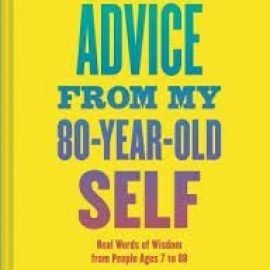Description
Group Psychology and the Analysis of the Ego
The Golden Bough has been translated by Dar Al TALYAA
The question he addresses here is, What are the emotional bonds that hold collective entities, such as an army and a church, together?
It is a fruitful question, and Freud offers some interesting answers.
But Group Psychology and the Analysis of the Ego stands chiefly as an invitation to further psychoanalytic exploration.
In the introduction to this important work, Freud makes the claim that group psychology is part of psychoanalysis.
He proceeds to tackle a fundamental problem:
What is the mental dynamic that holds together the individuals in a group, creates the group’s forms, ensures its continuity and stability, or causes its disappearance?
Repeating a significant move in psychoanalysis, his abandonment of hypnosis, Freud proposed that the libido accounts for group psycho dynamics.
He accomplished this epistemological operation in three chapters, borrowing from Gustave Le Bon and William McDougall to describe the prevalence of the primary processes in ephemeral groups.
Freud refined his proposal by showing how two groups, the church and the army, can come apart-in their different ways-through the loss of libidinal bonds to the leader or among members, and how, in keeping with psychoanalytic dynamics, only the power of love is capable of overcoming the narcissism and hatred that distance us from one another.
 العربية
العربية  English
English 




